South Carolina Republican Senator Lindsey Graham is in the news again, but he probably wishes he weren’t.
A three-judge panel of the Eleventh Circuit, which is supposed to be one of the most conservative circuits but lately has dealt significant blows to Trump in the Nara-Lago case, ruled unanimously against Graham in his bid to avoid testifying in the Georgia election interference case.
That case is spearheaded by District Attorney Fani Willis of Fulton County, Georgia, who seems intent on making sure the investigating grand jury hears from everyone who had anything to do with efforts to illegally overturn the 2020 election in her state.
Because this is a sitting U.S. senator and an outspoken ally of the former President (even though he was once one of his harshest critics—oh what do they have on you, Senator?), it’s worth reviewing the likely subject of Graham’s testimony and how we got to the Eleventh Circuit having to weigh in—including where things go from here.
What Did You Do, Lindsey?
Most Americans are aware of that the former President made an infamous call (he would say “a perfect call,” which is now a big tell) to Georgia Secretary of State Brad Raffensperger on January 2, 2021, urging his office to “find” him another 11,780 votes, just one more than Trump needed to win the state.
What is less known is that the former President wasn’t the only official from Washington picking up the phone and making similar calls after Trump lost the election.
According to an interview with the The Washington Post, Raffensperger also received a call from Graham on November 13, 2020, ten days after the election, who asked if the Georgia Secretary of State could sway the results of the election. In the preceding days, Graham had been echoing many of Trump’s false and unfounded claims about election fraud.
And now, specifically, Graham wanted to know more about the state’s signature-matching law and whether poll workers might have been biased to accept ballots with nonmatching signatures.
Of interest to prosecutors, Graham pressed whether Raffensperger had the power to toss all mail ballots in counties that were found to have higher rates of nonmatching signatures. In other words, Graham wanted to invalidate legally cast ballots based on a flimsy claim that some ballots with non-matching signatures may have been accepted at higher rates in certain counties, meaning heavily Black and Democratic ones.
If this sounds like an overt attempt to improperly reverse Trump’s loss in the state, Raffensperger would agree. Indeed, he was “stunned” that Graham appeared to suggest he find a way to toss legally cast ballots just because some may have been accepted at higher signature match rates.
Raffensperger told the Post:
“It sure looked like he was wanting to go down that road."
When the Post followed up on this, Graham denied he ever asked about tossing out legally cast ballots. He instead claimed he was just trying to understand the state’s signature-matching requirements.
Graham said:
“The main issue for me is: How do you protect the integrity of mail-in voting, and how does signature verification work?”
But Fani Willis wasn’t content to take Graham’s self-interested statements to a reporter as gospel.
She had already subpoenaed and brought Raffensperger in before the grand jury to testify back in June of this year, and his appearance lasted some five hours. Interestingly, the grand jury also heard from Raffensperger’s wife, who was present in the room when Trump had called him.
It isn’t clear at this time if he told her anything about the Graham call.
While Graham claims he never spoke to Trump or acted at his direction, the question of “signature matching” on Georgia mail-in ballots was something Trump, by no small coincidence, was harping on that day on social media.
He tweeted:
“Georgia Secretary of State, a so-called Republican (RINO), won’t let the people checking the ballots see the signatures for fraud."
"Why?"
"Without this the whole process is very unfair and close to meaningless. Everyone knows that we won the state.”
Also that same day of Graham’s call to Raffensperger, Trump ally Lin Wood filed a federal lawsuit in Georgia challenging the way county election officials checked ballot signatures.
It therefore seems at least curious that Graham, acting on his own, would call Raffensperger to inquire about this very issue, and seek en masse invalidation of legally cast ballots, without any prior consultation with Trump or his team.
That likely is why Fani Willis really wants to hear from Graham—and it might explain why Graham is fighting so hard to avoid appearing at all.
Lindsey Really Doesn’t Want To Testify
Graham filed a motion in federal court back in July to “quash” (meaning halt) Willis’s subpoena, arguing that as a U.S. Senator he can’t be hauled into some state court in Atlanta by a district attorney based on things he was doing in his official role as Senator.
His argument is based around the protections of the “Speech and Debate” clause of the Constitution, which generally shields Congressmembers from being answerable in courts for their words on the floor of Congress. It has also been extended to things like speech outside of Congress made in the course of legislative fact-finding.
The district court agreed in part and denied his motion in part, resulting in a “partial quashal” (which is now my favorite term). It found that there was a significant dispute about whether Graham’s phone call was made in the course of a legislative investigation or lay outside of it.
The judge noted key areas of inquiry that definitely were outside of any valid investigation, finding Graham could be asked about his public statements concerning the 2020 election, his attempts to influence Georgia election officials to alter their election-related conduct, and, importantly, any communications with the Trump campaign concerning its post-election activities in Georgia.
Specifically, the judge held that Graham could be asked about:
“...whether he in fact implied, suggested, or otherwise indicated that Secretary Raffensperger (or other Georgia election officials) throw out ballots or otherwise alter their election procedures (including in ways that would alter election results).”
Graham didn’t like that order one bit.
He appealed it up to the Eleventh Circuit and lost 3-0 there on Thursday.
The panel agreed with the lower court that “communications and coordination with the Trump campaign regarding its post-election efforts in Georgia, public statements regarding the 2020 election, and efforts to ‘cajole’ or ‘exhort’ Georgia election officials” are not "legislative activities protected by the Speech and Debate Clause of the Constitution.”
It accordingly held that the district court’s partial quashal adequately addressed Graham’s concerns about his Speech and Debate rights because it limited the questioning to areas not covered by that right and allowed for Graham to raise objections if any prohibited areas were touched upon during questioning.
Of note, two of the panel’s three judges were Trump appointees.
Graham has now filed an appeal to the Supreme Court, which means that Justice Thomas, as the justice overseeing that circuit, will have first dibs on whether to weigh in individually or pass the question to the entire Court. On a matter of this importance, it would be shocking for Thomas to overrule the unanimous Eleventh Circuit panel on his own, though he could easily deny review, even without comment.
When the earlier Nara-Lago matter came before Justice Thomas from an appeal from the Eleventh Circuit, he quickly passed the question on to the entire Court, which denied review without explanation. Either way, it is unlikely that Justice Thomas or the Supreme Court will intervene on Graham’s behalf.
At best, say most legal experts, he will see a small delay as his appeal is considered.
At the moment, Graham’s lawyers note that he is not the target of a criminal investigation. This makes sense because Graham’s phone call to Raffensperger, by itself, is probably not enough for criminal liability to attach, even if Graham were to admit that he pressed whether legally cast ballots could be discarded.
The line between a valid inquiry and an illegal, strong-arm pressure tactic would be hard to draw in such a case, and Graham could probably prevail because his intent would be hard to prove beyond a reasonable doubt.
That said, just because Graham is not currently under criminal investigation does not necessarily mean he won’t be down the road. If the facts reveal that he actually plotted in any way with members of the Trump campaign to overturn the results in Georgia, that could expose him to criminal liability as part of a broader conspiracy to commit election interference.
After all, the grand jury in Atlanta has already heard from three Trump lawyers—Rudy Giuliani, John Eastman and Boris Epshteyn—and no one outside that room knows what they might have said about how involved Graham was.
Under such circumstances, Graham will need to proceed cautiously, especially while under oath, about what he claims his allegedly limited and innocent role was in all of this.

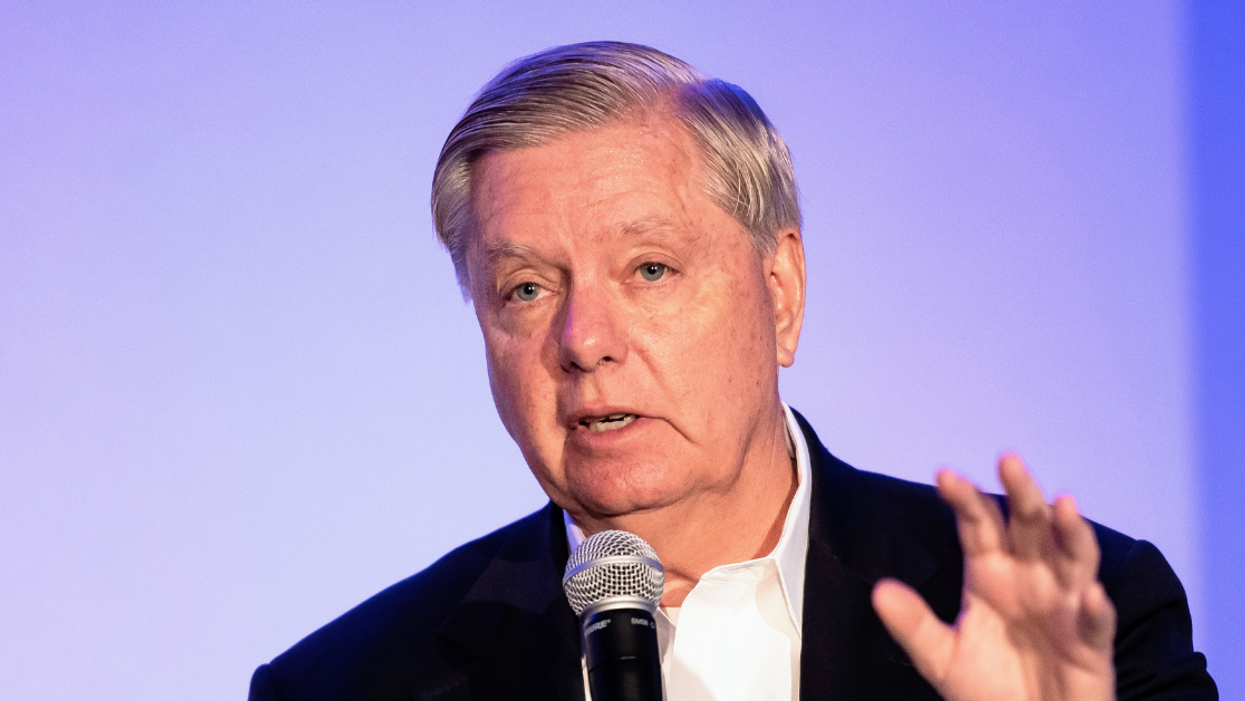
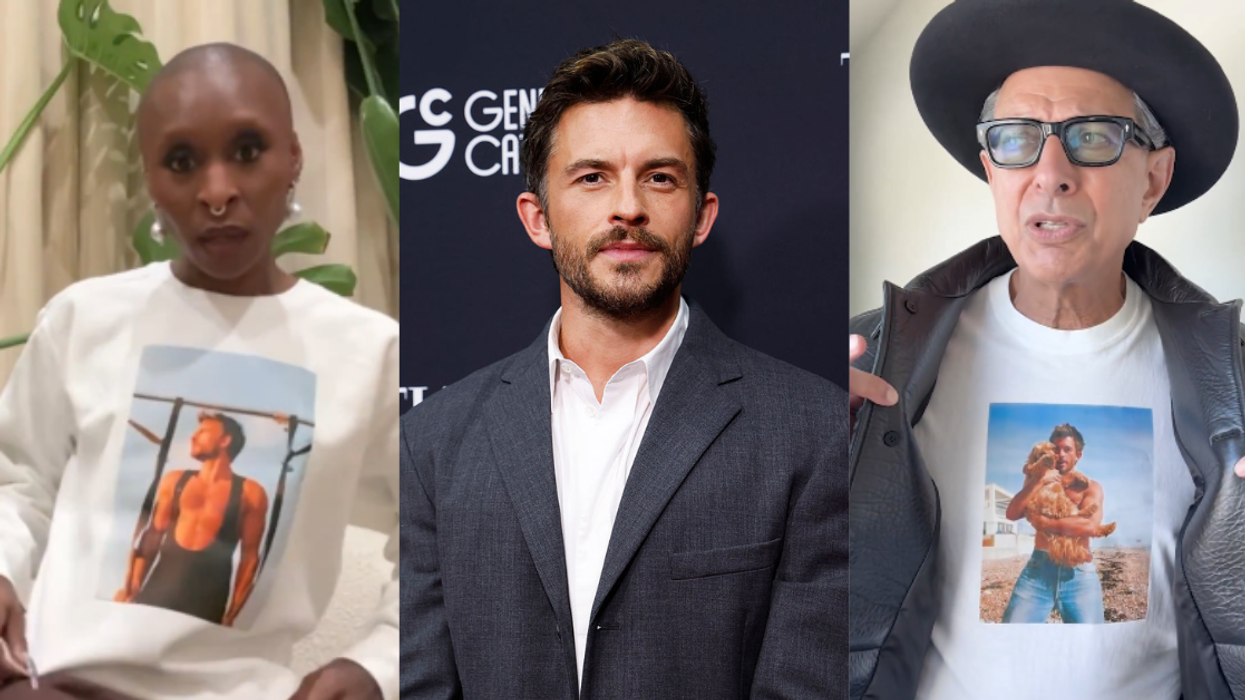
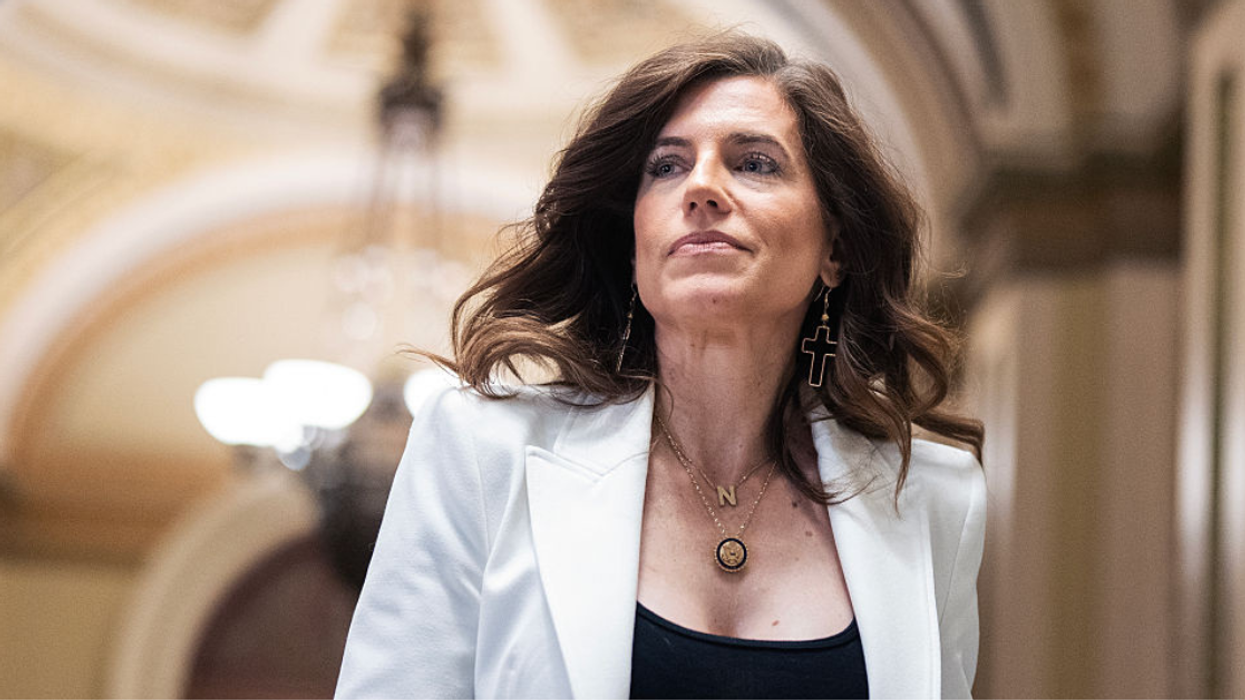
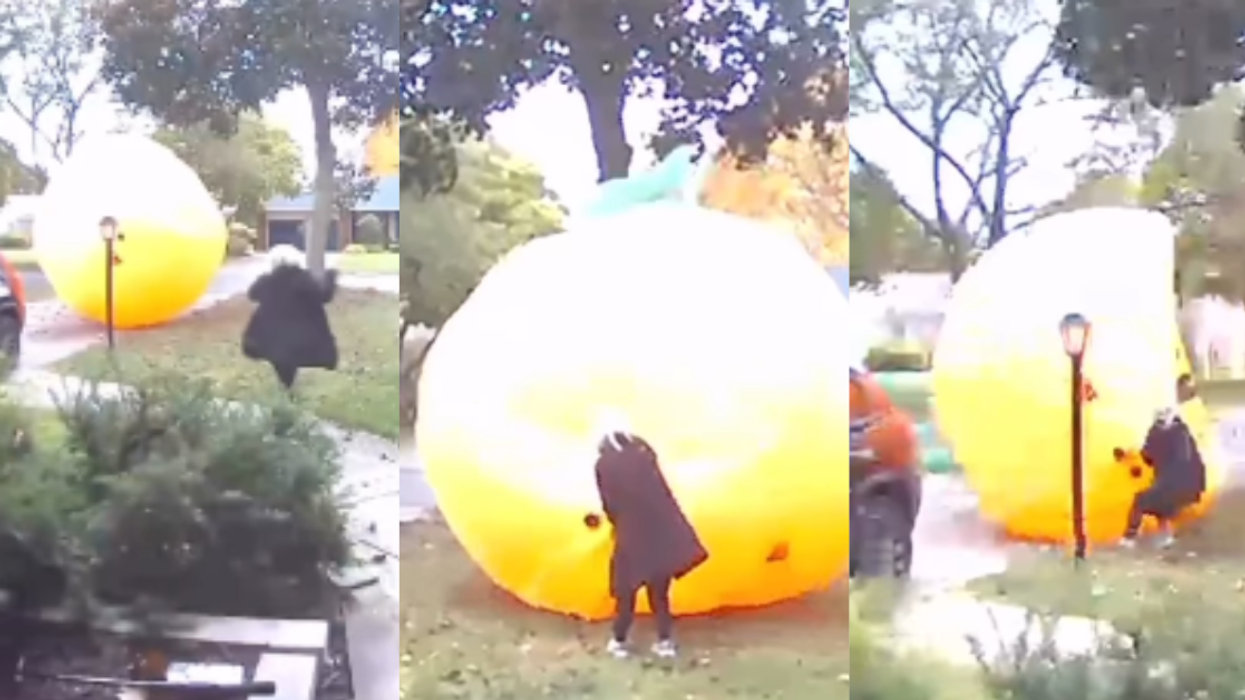
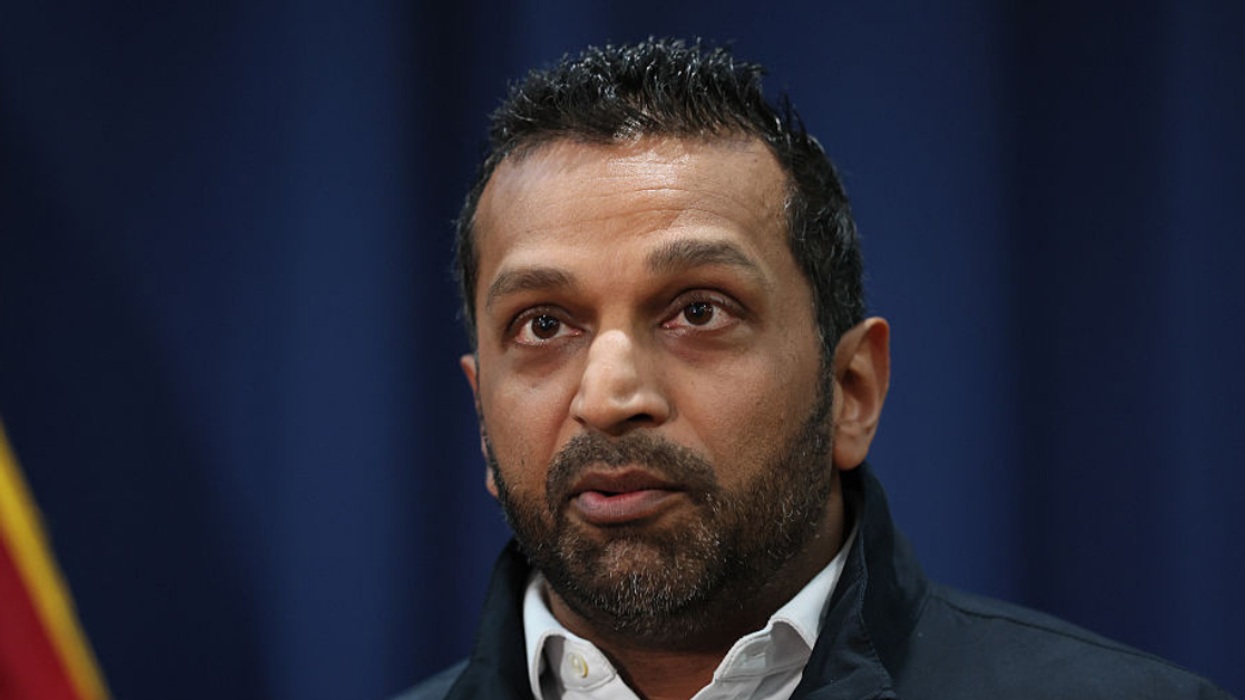








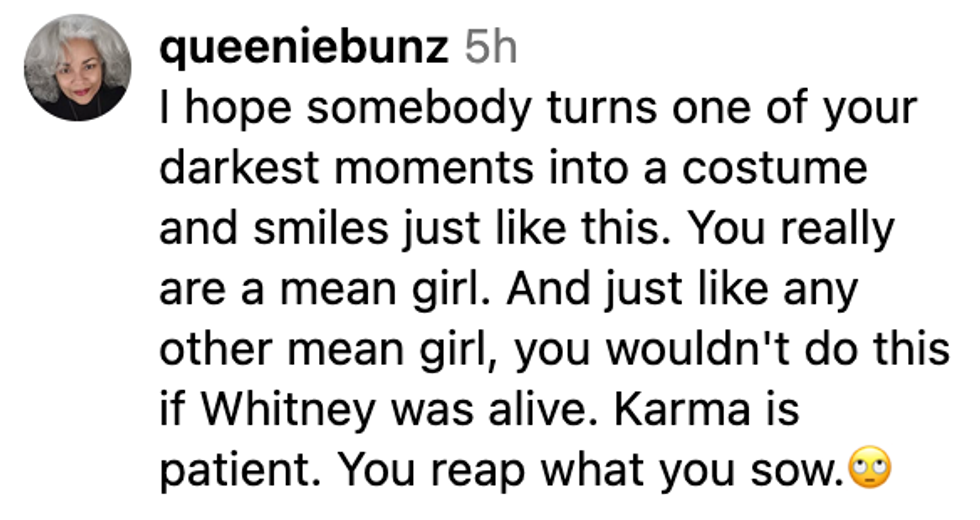

 @winnieharlow/Instagram
@winnieharlow/Instagram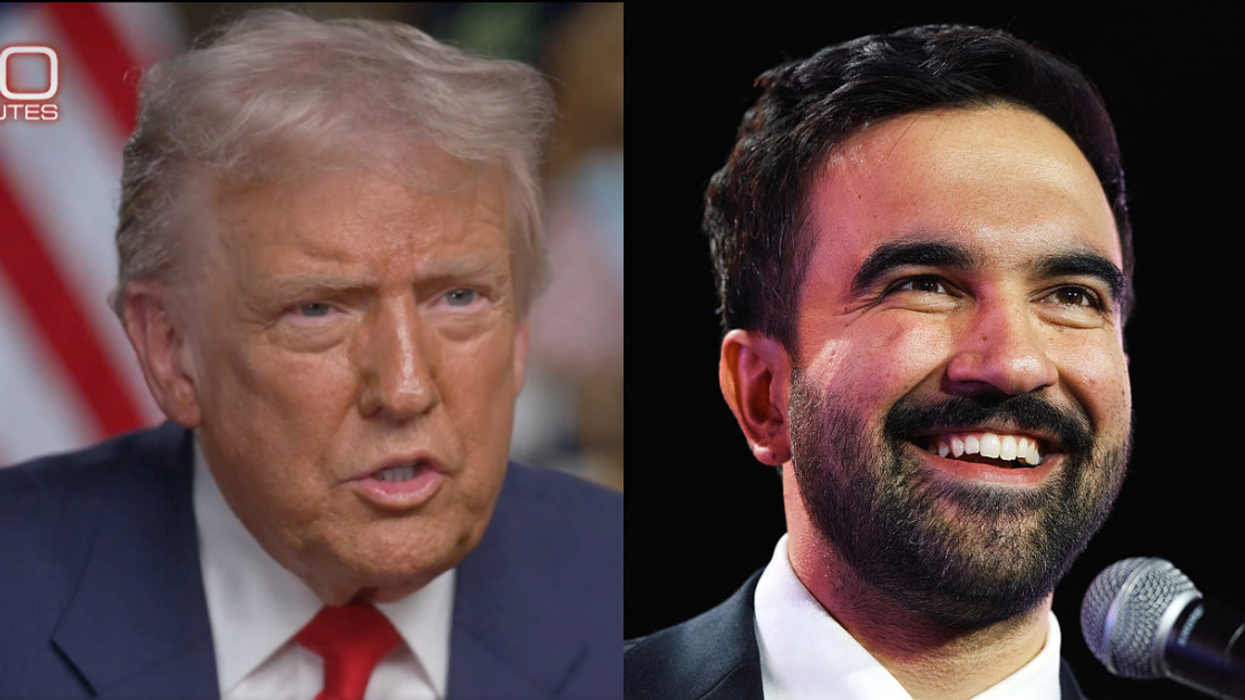
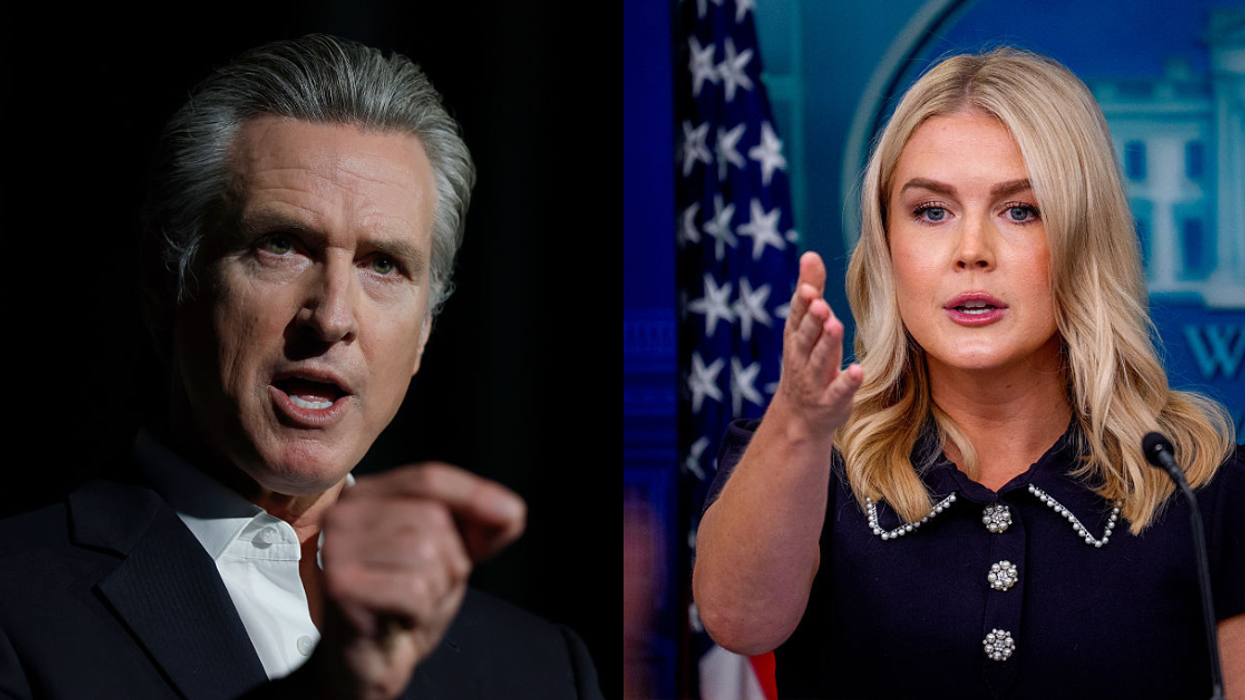
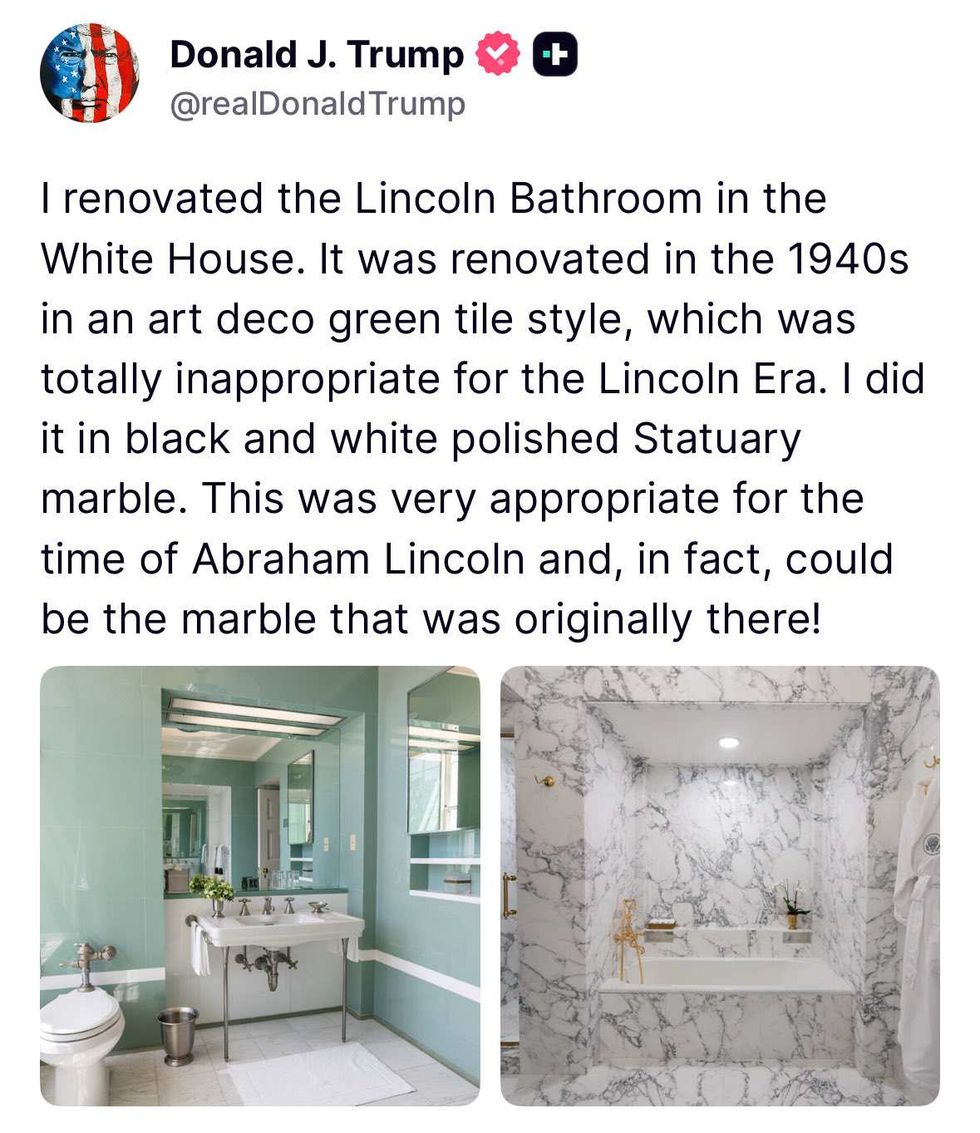 @realDonaldTrump/Truth Social
@realDonaldTrump/Truth Social